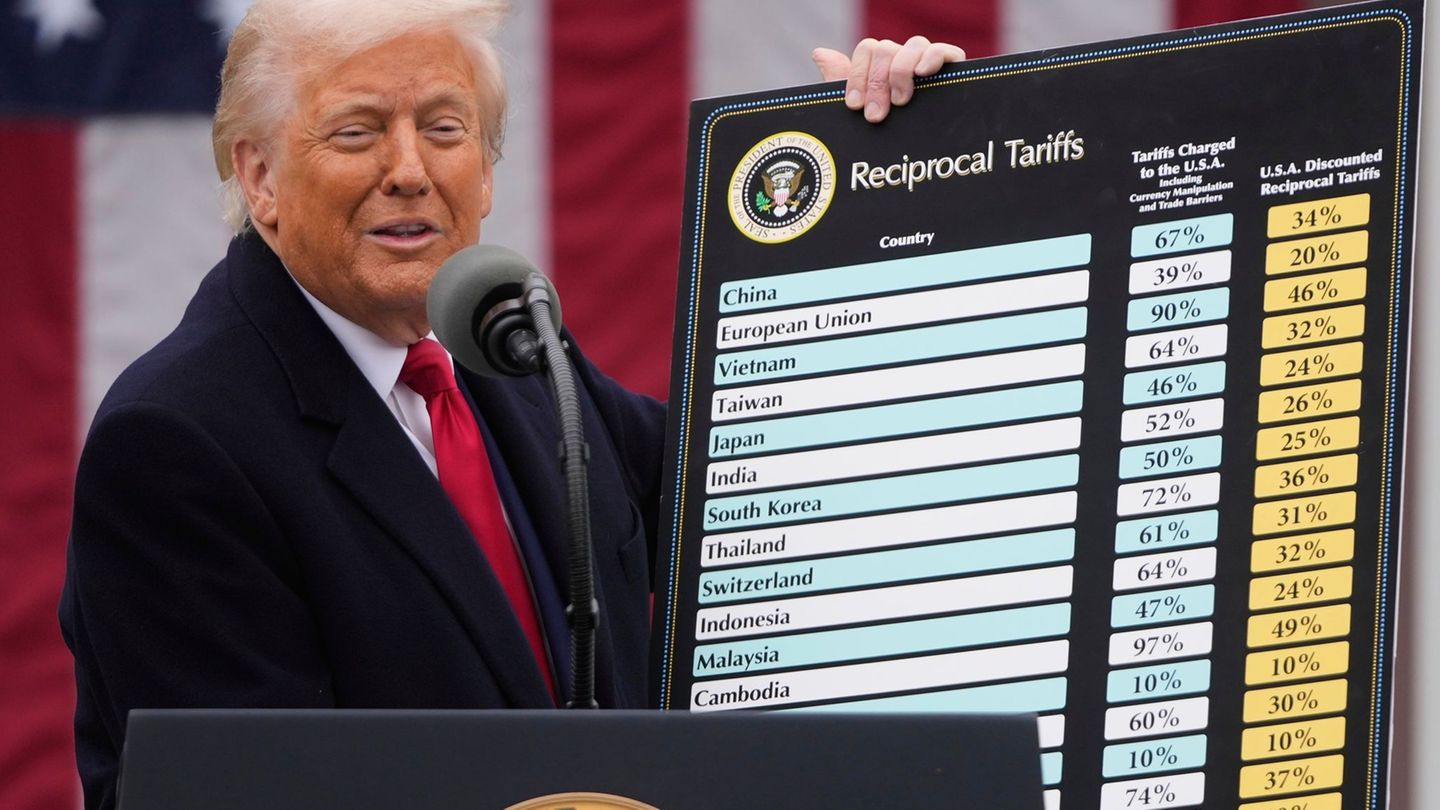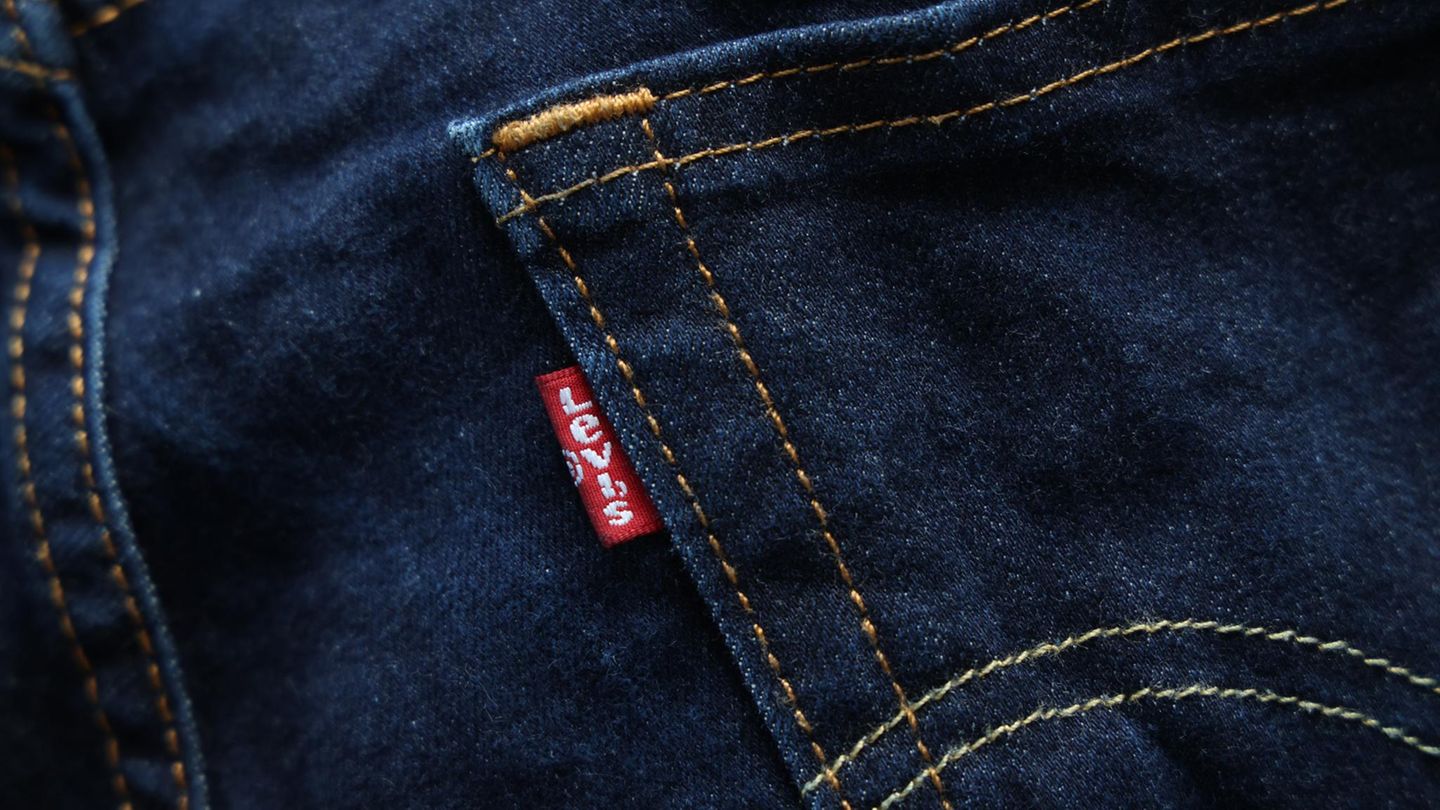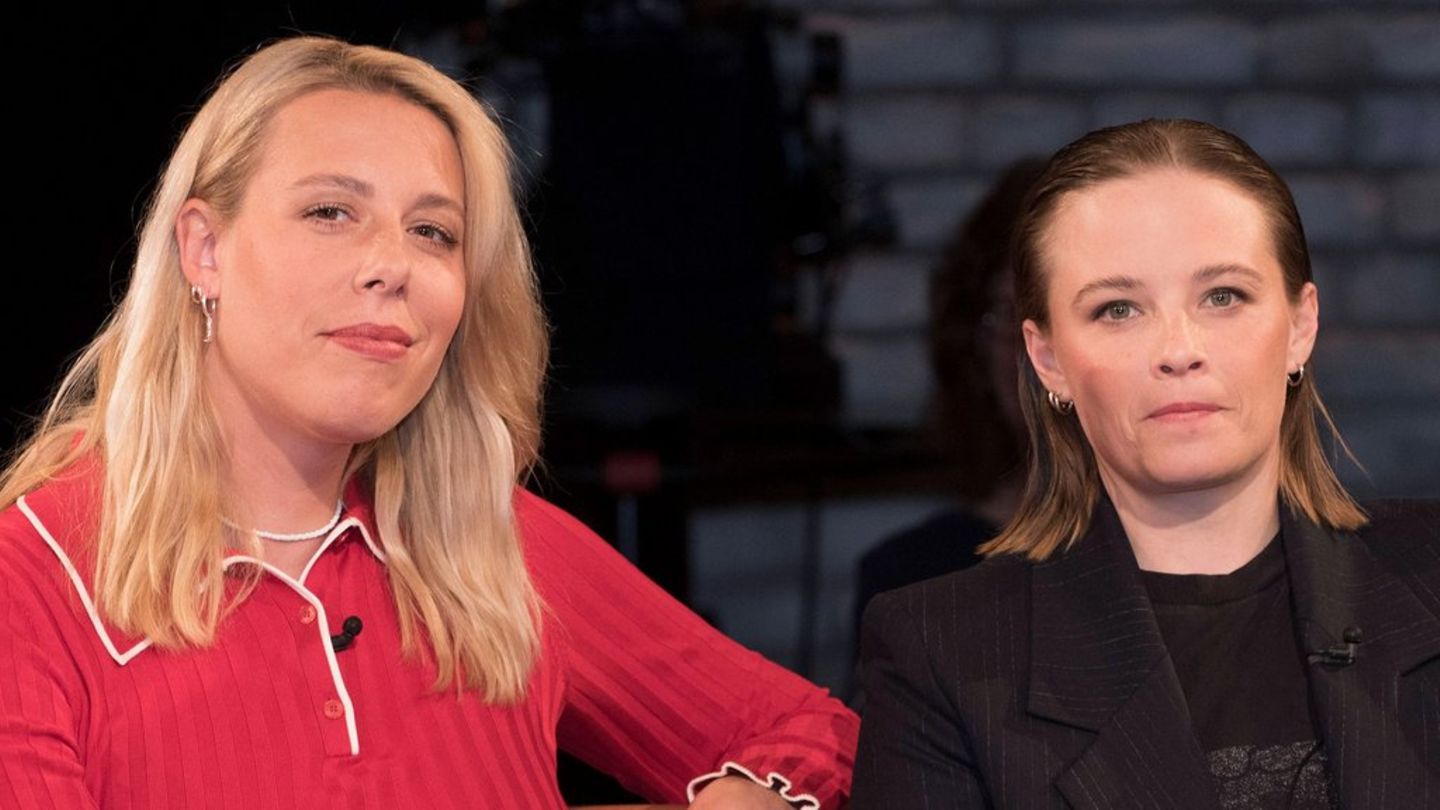The Second World War was almost 80 years ago, but Friedrich Nowottny can still hear its sounds in his ears. The war in Ukraine activates them and fills the journalist with deep concern.
A mischievous smile and then the brief announcement: “Goodbye – the weather.” When Friedrich Nowottny concluded the “Report from Bonn” in this familiar manner, the television viewer then went to bed with the certainty that they had once again completely understood federal politics.
Today, many decades later, there are only a few cartoons in his Bonn apartment that remind us of his heyday on television. He had given everything else away. Friedrich Nowottny is still five years away from reaching the full century: This Thursday, the former television journalist and WDR director turns 95 years old. He now has two great-grandchildren, twins aged two.
“Wonderful, wonderful,” he enthuses in an interview with the German Press Agency. But the joy of the two boys is darkened by the war in Ukraine. “I’m very worried, extremely worried,” he says. It also plays a role in the fact that at the age of 15 he was deployed in Hitler’s so-called “Volkssturm” in the last months of the Second World War.
Former television journalist looks back
Nowottny has actually always been a person who lived completely in the now. Unlike so many other aging celebrities, he never talks about his heyday. Instead, he wants to exchange ideas about current day-to-day politics, discuss the latest Bundesliga games or hear news from the media industry. But this time it’s different, this time he looks back. Far behind. That alone is a warning sign.
Nowottny was born in 1929 in Upper Silesia in what is now Poland. Until the beginning of 1945, when the Red Army advanced into the area, relatively little of the war had been felt there. But then things got serious. “That’s something that bothers me now and then. One of the worst memories for me is the sound of tanks on the streets. I always have that incredible sound of chains on pavement in my ears.”
First sip of alcohol in the foxhole
At the end of January 1945, Nowottny, like his father, who had been released until then, was called up to the “Volkssturm”. “I still remember my father and I standing next to each other in the foxhole, and my father pulled out the canteen and said, ‘Come on, take a little sip, it’ll do you good.’ It’s so cold.” That’s when I took my first sip of alcohol.”
The father came across an announcement in a front-line newspaper that all soldiers born in 1929 were to be relocated to the Sudetenland. With reference to this order, his father ensured that Friedrich was not sent to the front. “Not my son!” he implored a first lieutenant. “So I experienced the departure of the replacement battalion with my father. Two weeks later my father was killed.” He, on the other hand, was able to make his way to Passau. There he was picked up again and stationed in Hitler’s birthplace Braunau am Inn. “Of all things!”
But now the Americans came. “Anyone here who speaks English?” Yes, there was one – because Nowottny’s English teacher had bullied him during his school days like only his math teacher would otherwise. “That was my salvation, now I was an interpreter. Captain Cox was the city commander, I will never forget that as long as I live.”
Ukraine war brings back memories
Suddenly he stops, sits up straighter and says, as if to discipline himself: “That was all a long time ago.” After a short pause he adds: “And yet, thanks to the Ukraine war, this situation is now in front of my eyes again. Although Ukraine is completely different. The destructive power of today’s artillery and rockets is incomparable. These are terrible weapons. I I can only say, hopefully we will be spared this and my children, grandchildren and great-grandchildren will be spared this. I don’t know how this could all end.”
Would he have thought it possible that he would experience something like this again – a war in Europe? “I beg you! No. Who expected that after the hugging scenes with the Russians? I was with Gorbi on his last day at work.” Nowottny was director of West German Radio from 1985 to 1995 and as such was also responsible for the ARD studio in Moscow. He visited the Russian capital from time to time to sign contracts and thus experienced parts of the phase of great upheaval: the rise and fall of the last Soviet head of state, Mikhail Gorbachev, who jokingly described him as having a “Slavic round skull”.
When he came to Gorbachev’s office at the end of 1991 – “a very small office because the Kremlin was being renovated” – Russian President Boris Yeltsin was already standing at the door to replace him. It was nothing less than the downfall of the Soviet Union that took shape in this scene and is forever burned into the minds of the onlookers from Germany.
Friedrich Nowottny consciously experienced the entire history of the Federal Republic. He considers the roots of democracy and its acceptance of all scandals and crises to be the greatest achievement of the era. “I am one of the last people who knows from my own experience that freedom is anything but self-evident,” he says. Then he stands up, surprisingly quickly for someone his age. He says he has to apologize now. His wife needs him.
Source: Stern
I am an author and journalist who has worked in the entertainment industry for over a decade. I currently work as a news editor at a major news website, and my focus is on covering the latest trends in entertainment. I also write occasional pieces for other outlets, and have authored two books about the entertainment industry.




